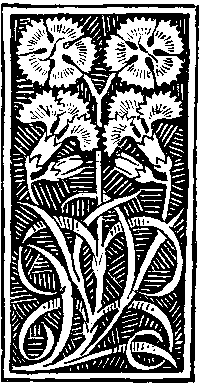(Neo-)Victorian Fatigue:
Getting Tired of the Victorians in Conrad’s The Secret Agent
Keywords:
Joseph Conrad, Neo-Victorian Studies, nostalgia, Queen Victoria, The Secret Agent, terrorismAbstract
In this paper, I propose looking backward, rather than forward, from the 1907 publication of The Secret Agent to consider the novel’s engagement with Victorianism – used in the broadest sense to encompass the mainstream culture of the nineteenth century that was embodied in the Protestant work ethic and idealised middle-class values of the British royal family. Both the events of the novel (which opens in 1887, the year of Queen Victoria’s Golden Jubilee) and the ‘Greenwich Bomb Outrage’ (1894) that inspired its writing, are located firmly within the Victorian period. Moreover, two of the key figures, the ‘ticket-of-leave’ apostle Michaelis and the unnamed ‘Lady Patroness’ who is his benefactor, are closely linked to the ‘golden days’ of Victoria and her reign. Theirs is not a culture of anarchy, New Women, and aestheticism; instead, both belong to the ‘high Victorian’ 1850s and 1860s and have been distanced from the age in which they live. Moving forward from a discussion of Michaelis and the lady patroness, I examine the novel’s ‘Victorian fatigue’, that is, its acknowledgement of society’s increasing aggravation with and inability to change its condition. Publishing The Secret Agent in 1907, Conrad uses his post-Victorian position to suggest that there was some negativity underlying the celebration of Victoria’s Jubilee – the public frustration with its staid monarch and entrenched system of values and beliefs – a mood that would last for another fourteen years.


